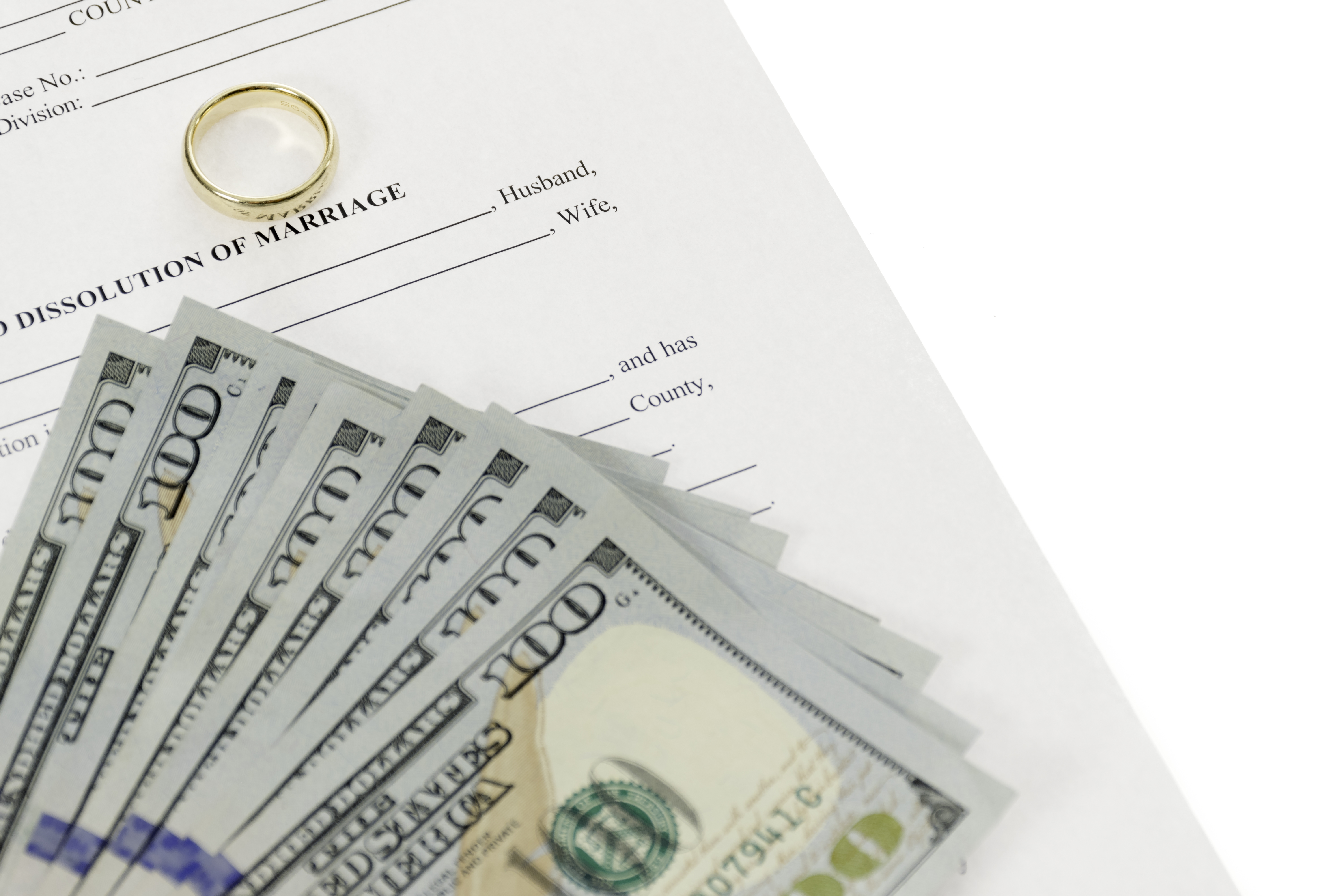Separate Property in New York State

When a couple in New York State gets divorced, they will have to address the difficult task of dividing up all of their assets and liabilities. This is often one of the most complicated parts of divorce, as the couple will first have to determine the differences between marital and separate property. The process that the court uses to divide assets and liabilities in New York State is referred to as equitable distribution. One of the important things to be aware of when it comes to the process of dividing assets is that only marital property will be divided. Separate property is not included.
What does separate property consist of?
This question is one that is often asked when it comes time to participate in equitable distribution. Separate property is exempt from being divided amongst spouses. It often includes all of the assets that were obtained prior to the marriage, inherited assets, gifted assets, and assets that were designated to remain separate in a prenuptial agreement.
One question that many business owners ask is whether the business will be subject to distribution. If the business has not been previously agreed to remain separate in a written document or otherwise, it can be subject to equitable distribution. Of course, this does come as a major concern to some.
Therefore, it is important to consult with an experienced divorce attorney that can help you determine whether certain property is considered separate or not. Contact our firm today.
The Pollack Law Firm, P.C. understands that divorce and family law matters can be very complicated and emotional. They require strong legal representation from a compassionate attorney. Robert Pollack is an experienced divorce and family law attorney in Long Island, New York. Contact The Pollack Law Firm, P.C., to set up a free initial consultation.
